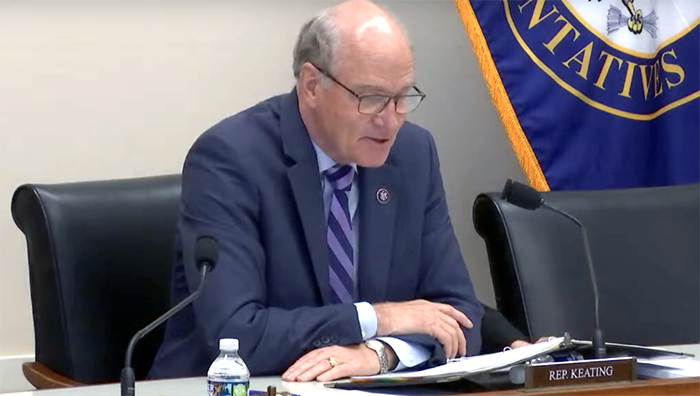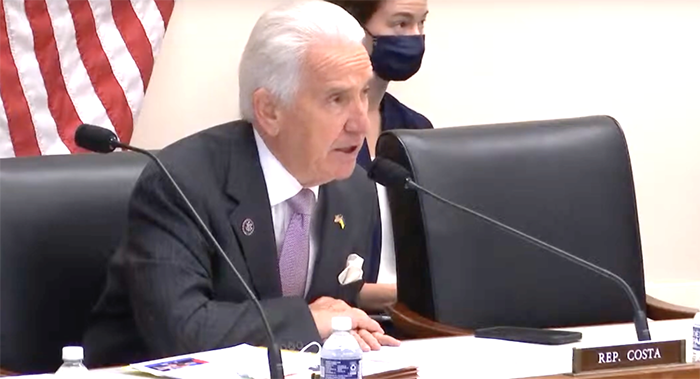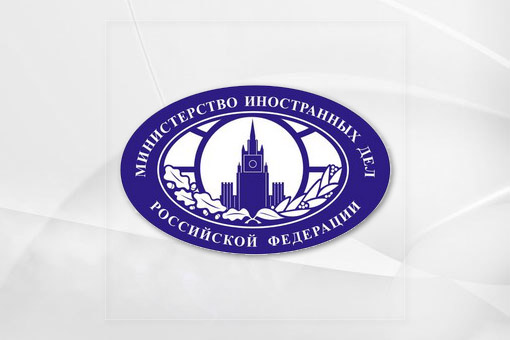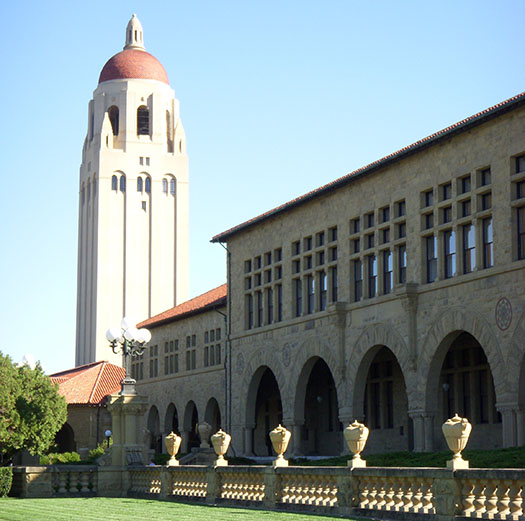Secretary Donfried Reiterates Key U.S. Role In Peace Process, While Rep. Costa Underscores Azerbaijan’s Human Rights Violations
WASHINGTON, D.C. – The House Foreign Affairs Subcommittee on Europe, Energy, the Environment and Cyber, convened a hearing Wednesday, on “U.S. Policy Towards the Caucasus,” where Karen Donfried, Assistant Secretary of State for European and Eurasian Affairs, reiterated that the closure by Azerbaijan of the Lachin Corridor – the only road connecting Armenia and Artsakh – has “severe humanitarian implications” and should be “restored” as it “sets back the peace process,” reported the Armenian Assembly of America.
In his introductory remarks, Subcommittee Chairman Bill Keating (D-MA), stated that the Caucasus is a region with a “vibrant history” at a “vital crossroads of the world,” however, it faces many challenges, including democratic backsliding taking hold in some countries, and continued violence taking place across internationally recognized borders.”
He reflected on Armenia and Azerbaijan’s ceasefire statement two years ago, and although the ceasefire was “supposed to represent a formal bookend to the fighting, skirmishes have indeed continued. As a result, civilians continue to be displaced, many have been wounded or lost their lives, and longterm peace agreements remain elusive.”


Chairman Keating noted the importance of U.S. involvement in the negotiation process, alongside the EU and OSCE Minsk Group, as well as bilateral talks between Armenia and Azerbaijan.
“While a sustained peace agreement between Armenia and Azerbaijan is vital for the region, so is continued democratic reform, respect for rule of law and anti-corruption initiatives,” said Chairman Keating, as he called upon Azerbaijan to protect minority groups, and make necessary reforms to establish democratic processes in the country. These reforms include the need for increased religious tolerance, as exhibited by a report published by the United States Commission on International Religious Freedom (USCIRF) titled, “Tolerance, Religious Freedom, Authoritarianism,” where it lists Azerbaijan’s religious intolerance as a case study.
He also noted Azerbaijan’s key ally, Turkey, and its increasing role in the region “which has only grown since the 2020 ceasefire.” Chairman Keating stated that he supported “normalization of relations between the two countries, and that a mutually agreed upon path forward for Armenia and Turkey will open immense opportunities for the people and the economies on both sides of the border.”
Ranking Member Brian Fitzpatrick (R-PA), stated that the conflict between Armenia and Azerbaijan recently escalated this past September, and pointed out the “footage of Azeri executions of Armenian prisoners of war and mistreatment of many people, which has raised concern and criticism internationally.”
During her testimony, Secretary Donfried said that following intensified fighting in September, Armenia and Azerbaijan have “renewed focus on negotiations, with U.S. engagement playing a key role.”
“We continue to press Azerbaijan and Armenia to maintain momentum for negotiations, and we continue to advocate that the rights and security of the population of Nagorno-Karabakh is a key part of those discussions,” said Secretary Donfried, noting that since September 2020, the U.S. has provided over $21 million in humanitarian assistance to address critical regional needs.
She also stated that relations between Armenia and Turkey can “increase regional stability” and lead to “greater economic development.”
Regarding Azerbaijan’s blatant human rights violations, Secretary Donfried said the State Department “continues to advocate with the government of Azerbaijan to protect human rights and hold individuals accountable for human rights abuses.”


Rep. Jim Costa (D-CA) questioned Secretary Donfried about Azerbaijan’s “flagrant violations of human rights,” including illegally imprisoning Armenian POWs, and asked whether she discusses these violations with negotiators in Washington, D.C.
Secretary Donfried replied that “human rights are a critical part of the conversation,” and has raised the issue with both Armenia and Azerbaijan’s foreign ministers.
Rep. Costa then pressed upon what the U.S. is doing to hold Azerbaijan accountable, to which she responded that the State Department has begun to “impose visa restrictions” on an Azerbaijani official relating to his involvement in a “gross human rights violation, including torture” against an Azerbaijani civilian.
Bringing to light the priority issue this past week of Azerbaijan blockading the Lachin Corridor between Armenia and Artsakh, which is a “critical humanitarian lifeline,” and that gas pipelines have been shut off by the Aliyev regime, thus impacting 120,000 Armenians in Artsakh, Rep. Costa said that this “does not show good faith” and asked Secretary Donfried what specific steps are being taken to safeguard Armenians living in Artsakh.
Secretary Donfried concurred that the closure of the Lachin Corridor has “severe humanitarian implications and sets back the peace process.” She said she called upon the government of Azerbaijan to “restore free movement throughout the Corridor.”
In the face of continued human rights abuses, Rep. Costa emphasized that the Administration’s consistent waiver of Section 907 of the FREEDOM Support Act “is a mistake.”
Rep. Brad Schneider (D-IL) expressed his support of legislation in Congress condemning aggression against the Armenian people in Artsakh, and emphasized that the “U.S. has a critical role to play to protect Armenians against unprovoked aggression.”
“Congressional action should be viewed as important leverage for peace, given the considerable aid the U.S. supplies to the region,” Rep. Schneider continued, before asking Secretary Donfried to expand on how to prevent other nations from undercutting stability and peace in the region.
Rep. Susan Wild (D-PA), emphasized that she has a “significant Armenian American community” in her district, and that many of her constituents are “deeply and personally connected to the continuing conflict.”
“Armenians in Nagorno-Karabakh continue to face an acute humanitarian crisis, including threats of renewed attacks and chronic shortages of water, energy, healthcare and food,” she noted, to which Secretary Donfried replied that access to Nagorno-Karabakh is limited, “which impacts U.S. ability to engage and undertake in assistance programs.” Despite limitations, however, the “U.S. has sought to help those impacted by the conflict, many of whom are in Armenia.”
In his concluding remarks, Chairman Keating underscored the “greater issue we’re facing today of authoritarianism versus democracy, and we’ll do everything we can to have success here [in the Caucasus] because we’ll be helping the entire region, and on a larger scale, the cause of democracy.”










